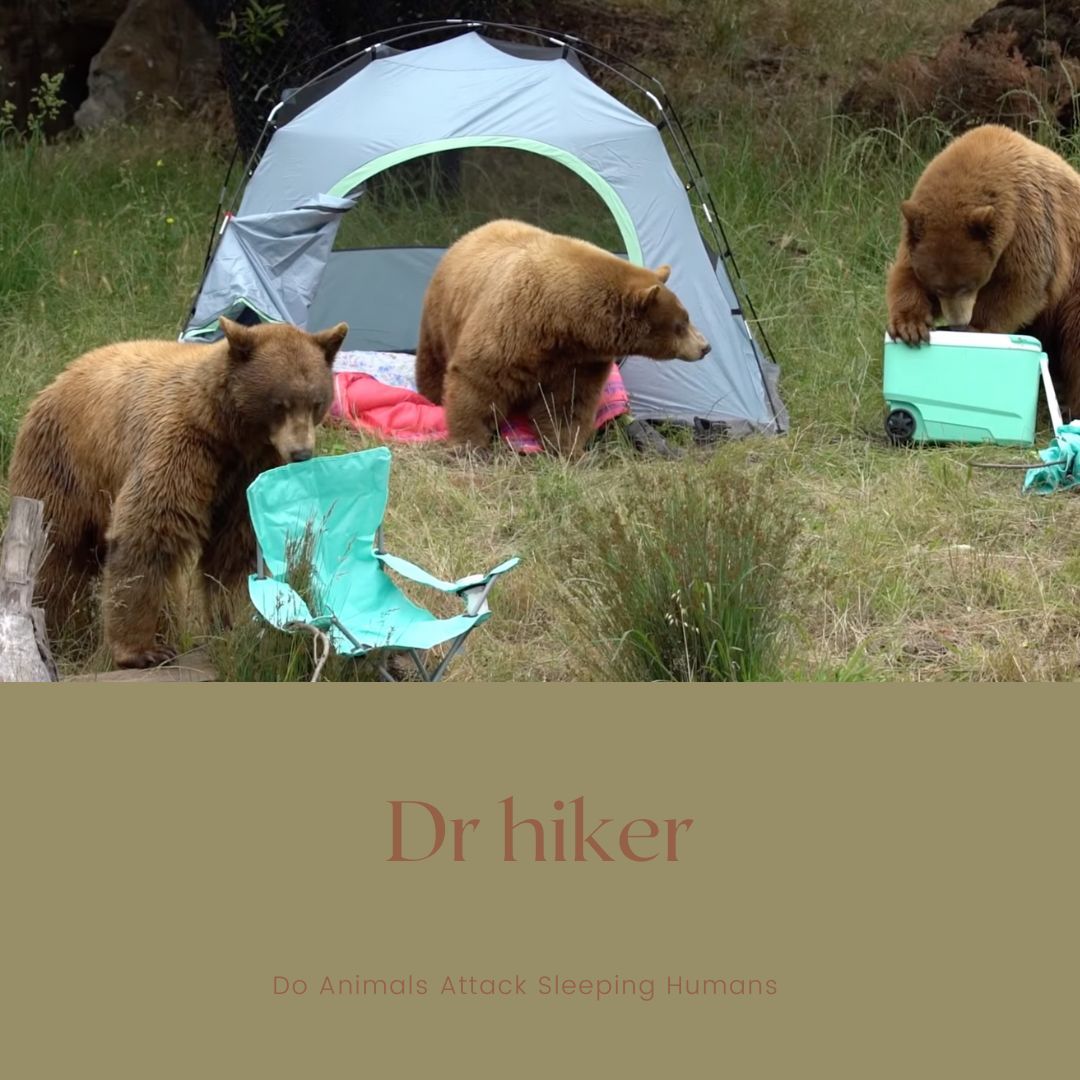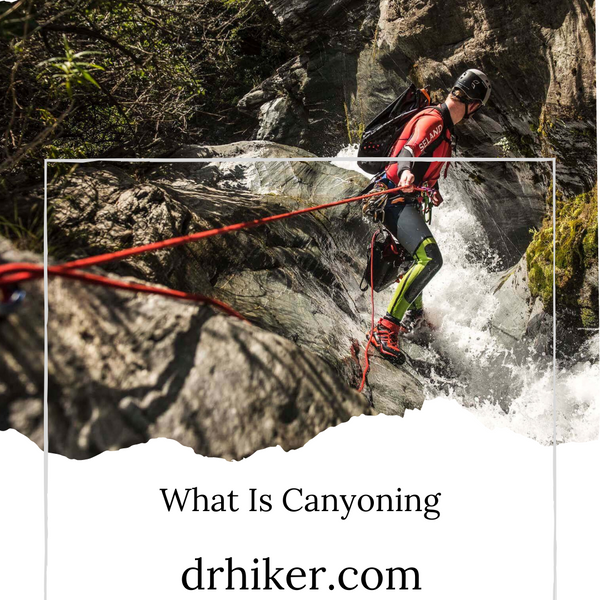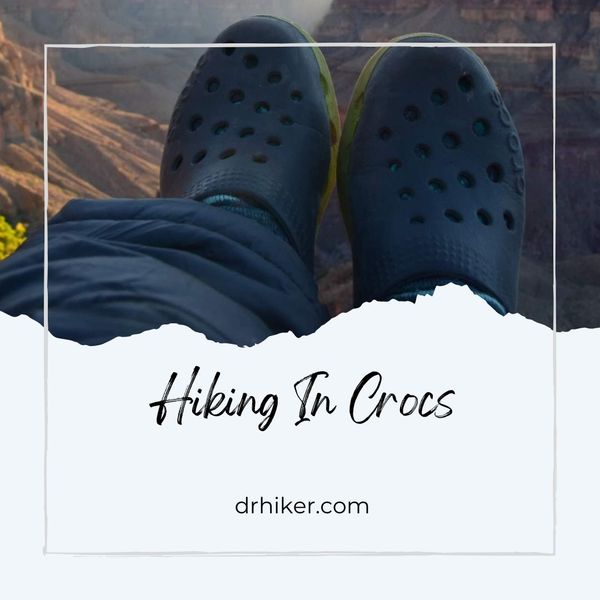So, it's good to explore the facts about 'Do animals attack sleeping animals?' and learn some security tips. Tents are not many deterrents against larger animals like wolves, bears, etc.
This guide will explain some facts about animal attacks on tents and how to be secure during camping; be with us.
Do Animals Attack Sleeping Humans? - Camping Facts
Your camping tent doesn't guarantee security against wild animals when sleeping. Different newspaper articles and certain blog posts on social media assist this fact.
So, it's good to question the animal attacks in your camping area. Moreover, you should be aware of the statistics about the previous incidents of attack.
Proper knowledge about these statistics will help you choose a secure camping site. Furthermore, you will take all the preventive measures before sleeping while camping.
We have compiled some statistics after deep research on wild attack history to answer all your queries. Moreover, we have discussed how to be secure in a wild attack.
Wild Animal Attacks on Humans
According to the Outdoor Industry's camping report of 2017, about 40.5 million people visited different outing spots throughout the year. About 28.7 million, 71%, people slept in tents while camping.
Different animals keep wandering by the tents, and some may attack too. Here are some important statistics on animal attacks during camping.
Bear Attacks on Tents
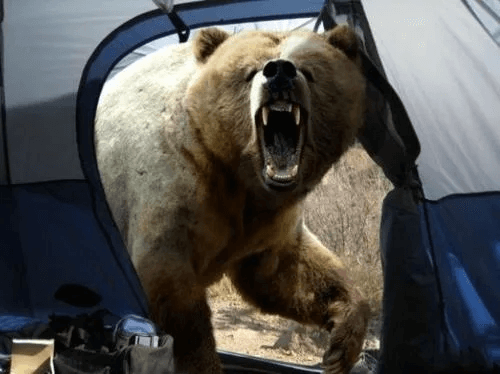
Since the 1900s, about 73 people have died of wild animal attacks on the tents. It means that about one person in 58 million campers will be vulnerable to bear attack while camping.
No matter how least the probability of a wild attack is, one should take preventive steps to avoid its chances. Moreover, being prepared in case of any emergency is also necessary.
Cougar Attacks on Tents

According to Wikipedia statistics, 18 people have died of cougar attacks since the 1900s. Though all these fatalities were not in camping tents, some were.
It means one person out of 117 million visitors is vulnerable to cougar attack during camping. The minority of the probability doesn't matter; one should take all preventive measures against it.
Coyote Attacks on Tents
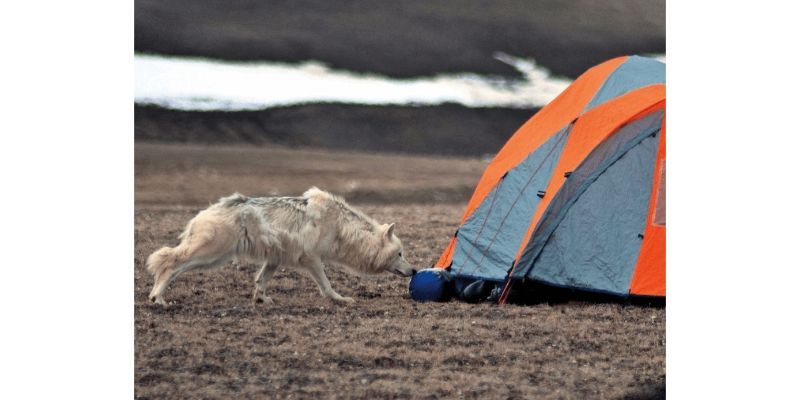
Though coyotes don't attack humans in normal conditions, they may be fatal at night and attack tents. So, it is good to be prepared whenever you hear them howling at night.
Snake Attacks on Tents
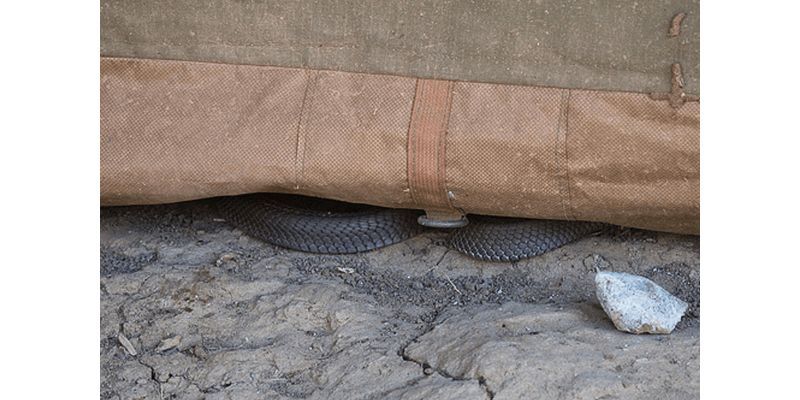
According to a report by the Wildlife Ecology and Conservation Department, about 7000 to 8000 snake bite cases are reported yearly. But only 5 to 7 result in the death of the affected person, which means the fatal probability is 1 out of 50 million.
Though immediate and effective assistance for snake bites is available now, you should care about snakes during camping. You can't find immediate help, so anything serious may happen.
Raccoon Attacks on Tents
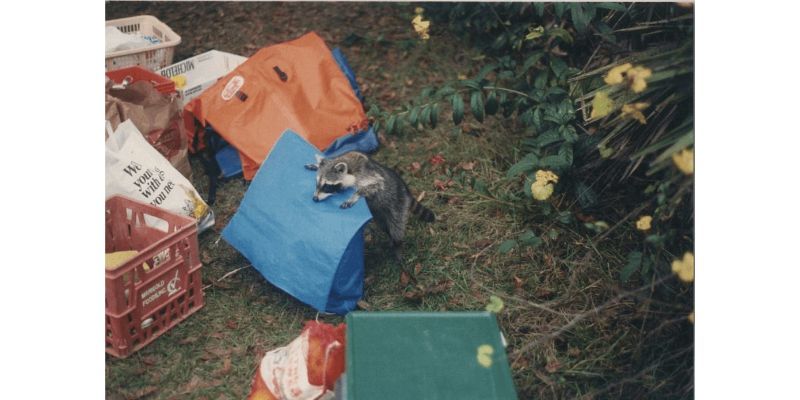
Raccoon attacks on tents have been repeatedly recorded. So, it is necessary to learn how to keep them out of your campsite and what to do when they attack you.
Wolf Attacks on Tents
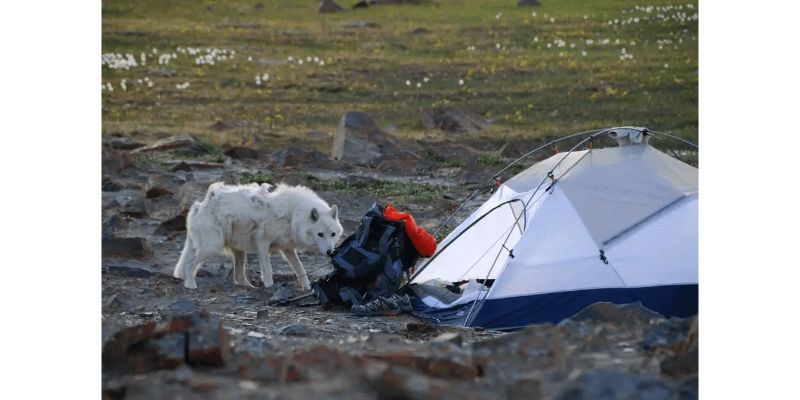
You may have heard the myth wolves don't fear humans. It is not always true that humans are safe against them. Do wolves attack tents?
If the wolf has already encountered any human being, he will be less afraid of you. So, always stay cautious against such attacks when you are on your camping trip.

How to Avoid Wild Animals Attacks on Tents?
Certain preventive measures can help you cut short wild animal attacks. Here are some tips for mastering different strategies to minimize these assaults.
Examine Campsite Before Camping
All natural landscapes are not vulnerable to wild animal attacks, but it never declares them safe at all. It is wise to know your surrounding environment before you set up your tent.
Ensure there are no nearby wild animal habitats. Shifting your camp to any safe area is good if you notice any.
Handle Your Garbage Properly
Certain wild animals, like wolves, get your way by sniffing the smell of garbage. Try to handle your garage properly before you go sleep.
Packing the debris in garbage bags will reduce the smell, so use plastic bags for your waste. Also, suspend these bags with nearby trees to avoid crawlies attacks on them.
Don't Bring Pet With You
Wild animals are more likely to attack your pets. So, it is good to consider leaving them at home for your and your pet's safety.
Never Feed Any Wild Animal
While camping, you may consider feeding any animal, like a wolf or raccoon. Avoid such practices as they may attack you at night while searching for food.
Learn Defending Wild Animal Attacks
Sometimes, you may encounter any wild animal on any strange path; what to do in such a condition? The way you defend the animal will be your real weapon. Here are some tips for surviving in such an emergency.
- Never run; just try to step back slowly.
- Look bigger and louder than the attacking animal.
- Make eye-to-eye contact with the animal while stepping back.
- Never fall.
Tools to Deter Wild Animals Attacks
It is good to have essential tools to deter wild animal attacks for maximum safety. Here are some defenders that will help you against any unexpected attack.
- Mostly, wild animals get afraid of piercing and shrill sounds. So, pack a whistle in your backpack while setting out for camping.
- Animals avoid bright places, so a flashlight will work for you to deter them.
- Gather some rocks and sticks to throw on animals in severe attack situations.
- Some anti-wild animal sprays, like bear spray, are available in the market. Carrying any good repellent with you will be a wise practice.
Conclusion
Camping is worth enjoying outdoor activity, which adds a lot of fun and entertainment to life. But never compromise on your safety while sleeping in your campsite tents.
For a camper, it is wise to learn 'Do animals attack sleeping humans?' for enhanced security. We have discussed all the essential facts and safety measurements in the above section.
Follow all the tips mentioned above to ensure your safety while sleeping in your tent. Be with us for more camping hacks.
Related Posts:


